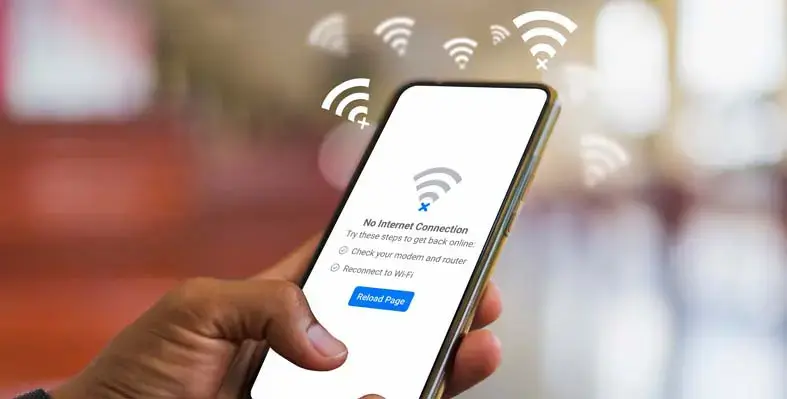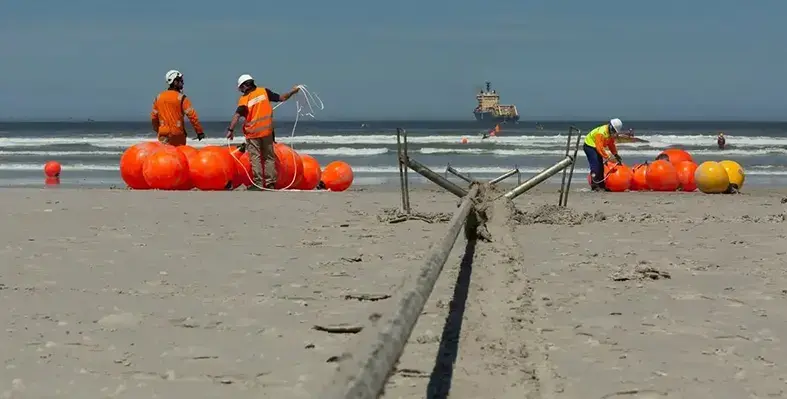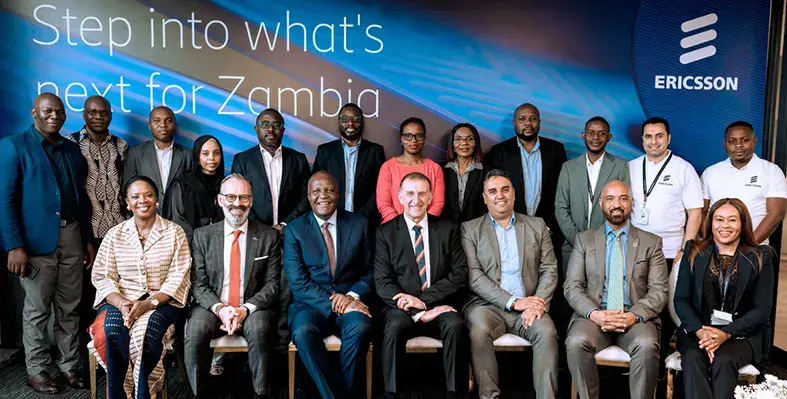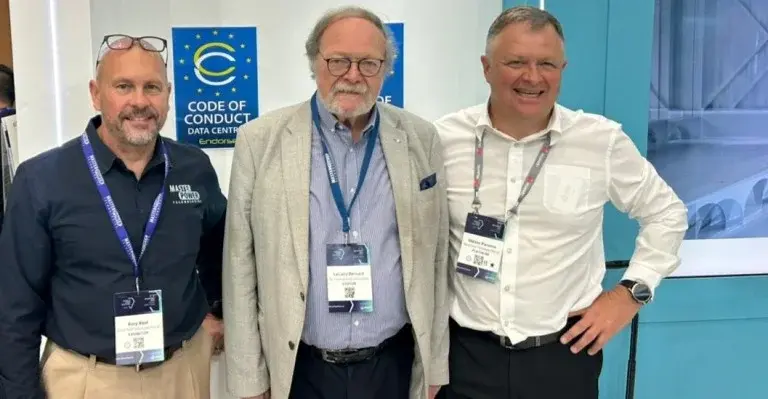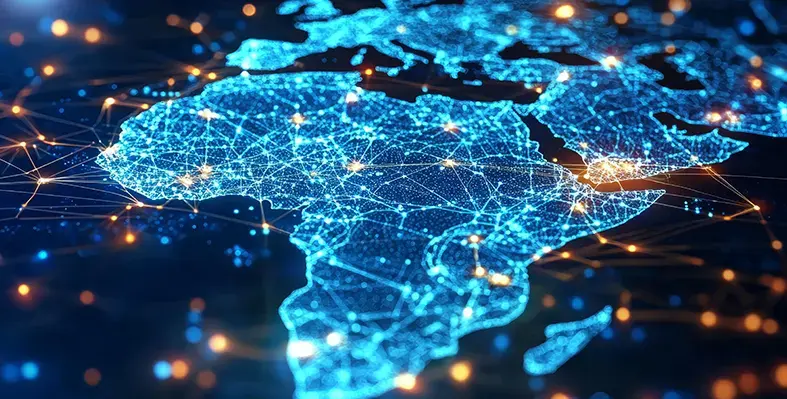At the MBB Summit during AfricaCom 2025, Samuel Chen, vice-president of Huawei's Wireless Network Business Marketing, introduced five scenario-driven innovations aimed at accelerating high-quality development across Africa’s mobile sector
In his keynote, titled “Inspiring the African Mobile Industry for the Next Golden Decade,” Chen highlighted Huawei’s strategic focus on new traffic, new experience, new business, new connectivity, and new energy saving.
The African mobile landscape continues to expand as a powerful engine for economic transformation. In 2024, the sector generated more than US$22bn in total output, representing 7.7% of the continent’s GDP, while directly supporting 5 million jobs. With AI, emerging spectrum resources, and upgraded infrastructure coming together, the potential for continued advancement is substantial.
However, challenges such as limited capacity, uneven digital access between cities and rural areas, and unreliable power infrastructure hinder progress. Addressing these issues, Huawei has introduced five targeted solutions designed specifically for Africa’s diverse needs.
New traffic:
Huawei aims to break the 4G capacity ceiling to unlock fresh traffic opportunities. By enabling all frequency bands to support M-MIMO, the company’s tri-mid-band and tri-low-band Massive MIMO products offer operators a strong path to maximise site efficiency, tackle 4G congestion, and capitalise on rising data demand.
New experience:
Huawei is working to establish a new standard in 5G performance through operations guided by user experience. Its advanced dual-band MetaAAU, featuring extremely large antenna array (ELAA) technology, brings superior 5G performance, while the lightweight EasyAAU simplifies deployment. Together, they help operators deliver the high-quality experiences needed for experience-driven growth.
New business:
Huawei is expanding intelligent broadband access opportunities for residential markets. The Easy FWAi solution is an end-to-end platform supporting more device types and precise service delivery. It enhances intelligence across experience management, after-sales support, and O&M, allowing operators to ensure end-to-end performance and deliver advanced digital services to households.
New connections:
To close the digital divide and strengthen digital inclusion, Huawei provides multi-scenario connectivity solutions such as RuralLink, RuralStar, and RuralCow. These offerings help operators extend mobile coverage to remote areas and communities with little or no grid access, bringing reliable connectivity to underserved populations across Africa.
New energy saving:
To support network resilience and maintain continuous services, Huawei continues to lead with its Single SitePower solution, unique within the telecom equipment industry. This system keeps networks operational during power outages, ensuring stable and dependable connectivity. Such reliability is essential for building mobile networks that serve as critical communication lifelines, especially during emergencies.
“Africa is a vibrant digital hotspot, with infinite possibilities, particularly when coupled with AI,” concluded Samuel Chen. “Looking ahead, Huawei will continue to develop innovative all-scenario solutions together with partners to foster leading networks, vibrant ecosystems, and inclusive services that will empower all to thrive in a next golden decade of Africa's mobile future.”



